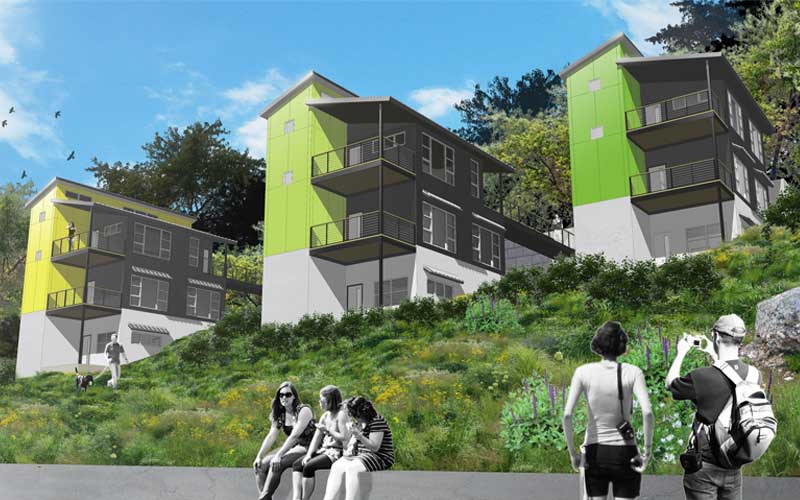The Process of 3D Architectural Rendering. Things you need to know.
3D solutions are a quickly emerging need in all business domains. Real estate and architecture represent one of the industries that have hugely benefited from the advent of 3D technology and its growth. 3D architectural rendering is an essential tool for property developers, architects, home builders and interior designers. Advanced software and tools are used to create 3D virtual homes, landscape, neighborhoods and even large cities much before the process of construction even begins. The biggest advance of 3D rendering is that it enables clients to visualize the finished product by walking through the virtual world and thereby saving unnecessary expenses.

Brief Understanding of 3D Architectural Rendering Process
Property developers use 3D solutions to show amazing yet customizable results to their customers and expedite purchase decisions. 3D technology in property development encompasses creation of architectural plans, design finishes, colors, interior designs, landscapes, lighting and the kind. The architectural plan in 3-dimensional technology focuses on
Placement of walls, doors, windows and built-in furniture.
Construction of the exterior portion of the building.
Providing landscaping and virtual construction of pools, corridors, aisles, pathways, ground surface, wall textures and podiums.
3D architectural scene and animation entails
Application of textures and surfaces to all architectural elements.
Adding interior design elements like furniture, lights and décor.
Adding landscape elements like trees, plants and water bodies.
Creating sufficient lighting in the entire 3D animation scene.
Identifying views and angles for architectural rendering.
Once the 3D architectural scene is ready, designers create a basic plan for approval. When review is completed, photo realistic 3D architectural rendering is ready for marketing and presentation. 3D visualization as an important part of 3D solutions for a project facilitates buyers, investors and other stakeholders understand the project in its entirety. They make the building plans more accessible, visual and experiential to the parties. The parties have more informed roles in the project and hence obtaining approvals is easier and faster than they used to be in the conventional approval process.
Purchase potential of a project also multiplies with 3D visualization for the obvious reasons that 3D animation offers. 3D flythrough and walkthrough provide distinctive advantages to every party to a project.
